On this page:
Get to know our orthoptists
Get to know our orthoptists.
We’re proud to announce the arrival of two new orthoptists at Guide Dogs Victoria. An orthoptist is a university-trained allied health professional who can offer a unique and versatile set of skills to assist people with low vision, and their friends and families.
Orthoptists work in a variety of settings and can offer support for people of all ages. Our two specialists, Kate and Khoa, are now on hand to assist you in identifying and achieving your daily goals.
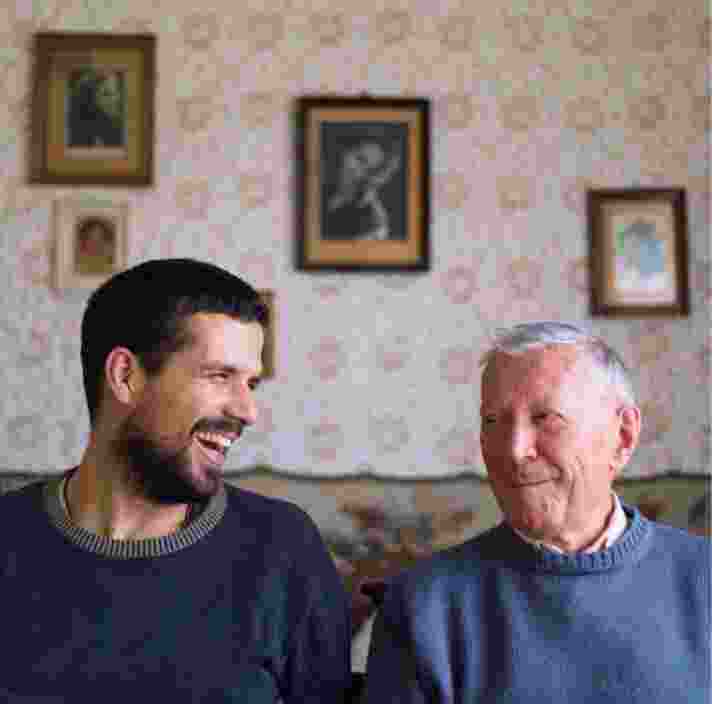
How can an orthoptist provide support?
Understand your level of functional vision and learn techniques to read different printed materials.
If you have low vision, Orthoptists are often the first port of call at Guide Dogs because they can support you to understand your level of ‘functional vision’, (the amount of residual vision you can use in your daily life to participate in reading and other tasks.
Once you understand your level of functional vision, an Orthoptist can provide strategies and recommend equipment to support your specific vision goals.
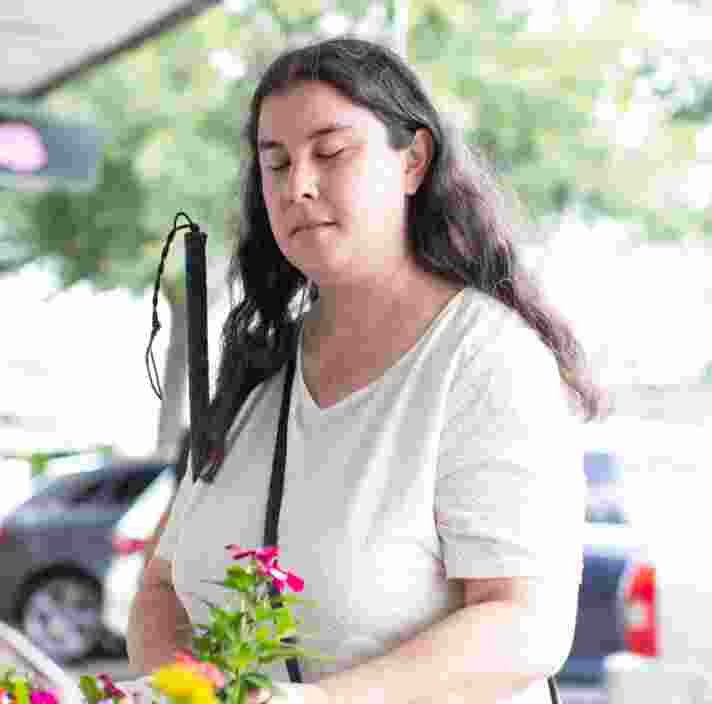
What are some common goals an Orthoptist can help with?
Orthoptists can support you to achieve a wide range of unique, personal goals.
This really depends on your level of vision, what you’re hoping to achieve, and the type of equipment that may work best for you. Common goals include:
- Reading books, newspapers or magazines or doing hobbies for enjoyment
- Reading your mail independently and ensuring all your sensitive information is private
- Reading prices and labels in shops and supermarkets or menus when out
- Reading medications and identifying different ingredients in food products. How to position yourself so that you can watch TV or movies more comfortably
- Reading street signs and public transport indicator boards.
What does visiting an orthoptist involve?
Assessing your vision to assist you to make the most of what you can see.
To understand your level of functional low vision, an Orthoptist will conduct a series of tests designed to determine:
- What you can see
- What strategies and low vision aids will best help you with your goals?
- What lamp lighting would be best for you to see with?
- How best to manage visual fatigue when reading or conducting tasks?
The answers to these questions will help the Orthoptist to recommend the best strategies and /or low vision aids to help you achieve your goals. An Orthoptic functional vision assessment can also provide useful information about a person’s vision for family members, friends, carers, or other health professionals. This can be particularly helpful for people who are either very young, non-verbal or have multiple disabilities.
The vision tests can be modified depending on your needs. Sometimes an assessment can be completed in one visit, whilst others may require multiple visits.
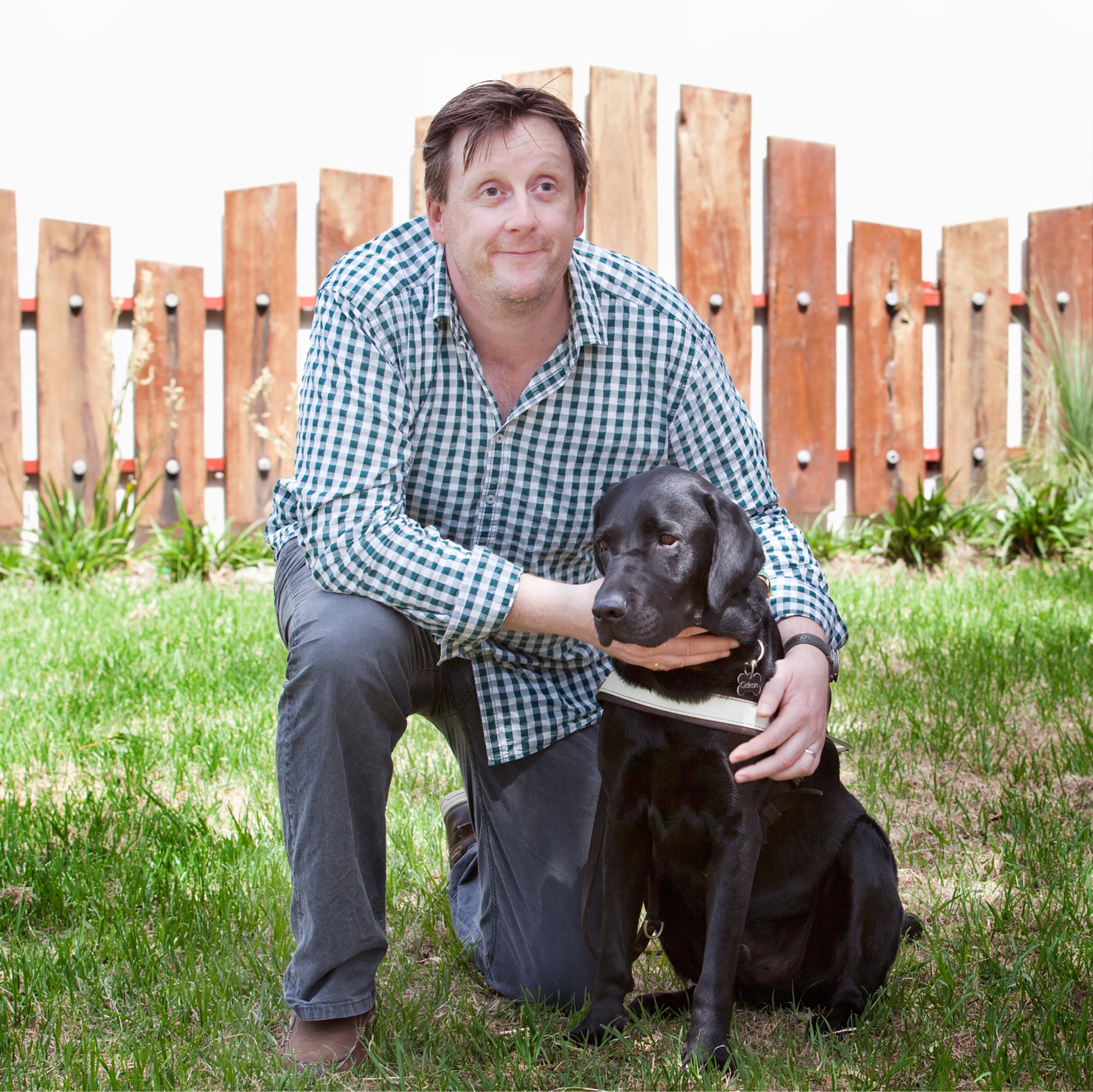
When should I consider contacting an orthoptist?
You can benefit from contacting an orthoptist at any time.
You can get in touch with our orthoptists at any point. They will assist you to identify and work towards your personal goals. However, the following prompts may provide you with some insights into how—and when—an orthoptist’s support may be useful.
- If you are looking for more detailed information around a specific vision condition: orthoptists can provide greater insight into your specific condition, associated treatments, potential benefits or services you can access, details around driving or other daily tasks, and more.
- If you are having trouble reading text: including personal mail or bills, newspapers, magazines, price tags or labels, or computer screens.
- If you are having trouble writing: including letters, notes, shopping lists, completing crosswords or puzzles, forms, cheques, or signatures.
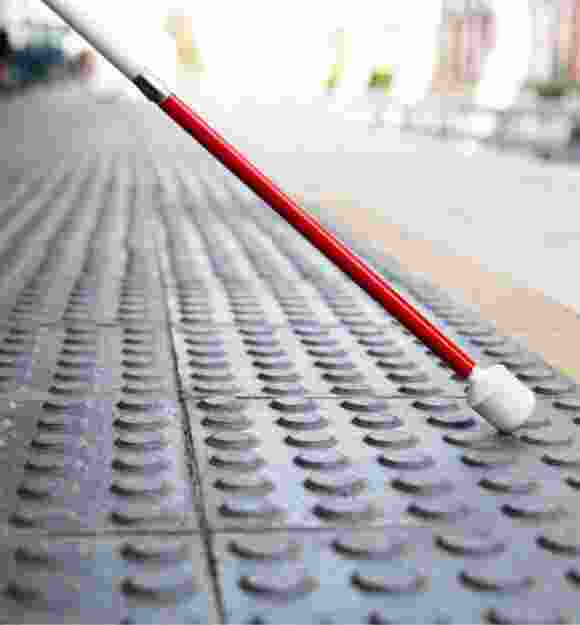
- If you are having trouble reading or processing information from distance: including signs, traffic signals, train or plane information boards, bus or tram numbers, or PowerPoint presentations at work or school.
- If you have a heightened sensitivity to glare: whether inside or outdoors.
- If you are having difficulty adapting to changes in lighting: including difficulty seeing at night, in the dark, or in different environments at home, work, or school.
- If you are experiencing challenges in social or recreational situations: including difficulties recognising faces, watching TV or films, participating in sport, craftwork, theatre, or attending galleries.
Where can I see an Orthoptist?
Orthoptic assessments can take place in various settings, depending on your needs.
This can include:
- In your home,
- In dedicated spaces at Guide Dogs community centres,
- In kindergartens,
- In schools.
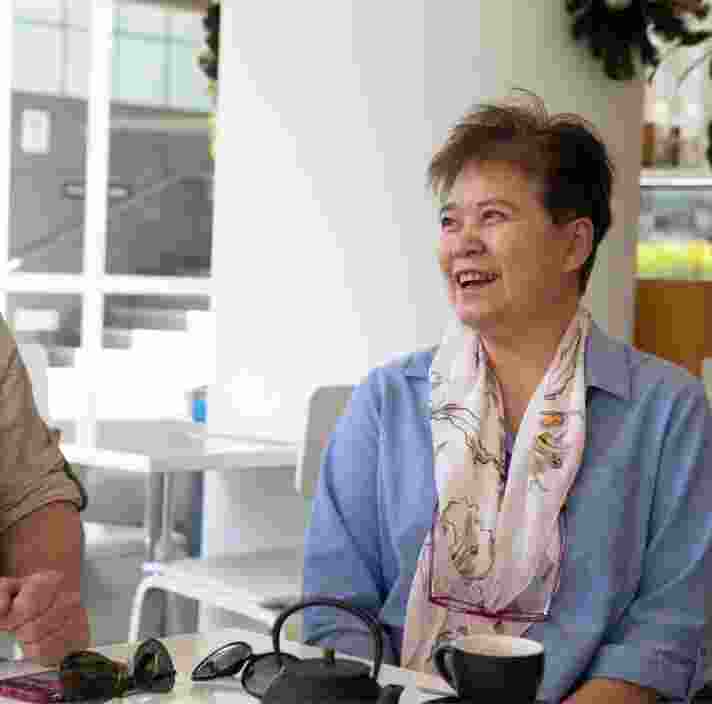
Request a service or make a referral
Request a service or make a referral
For further information:
- Phone: 1800 804 805
- Email: referrals@guidedogsvictoria.com.au
- Mail: Guide Dogs Victoria
Private Bag 13
Chandler Highway
Kew, Victoria, 3101
Could you access this support via NDIS?
Could you access this support via NDIS?
Have you checked your eligibility to access this support through the National Disability Insurance Scheme (NDIS)? Many people include this support as part of their NDIS plan.
If you’re eligible for the NDIS, we can cut through the jargon, assist with your plan—or pre-planning—and get you on the path towards your personal goals. You can request free Support Coordination or find out more about your potential eligibility to access this service through the NDIS now.
If you’re older than 65, funded supports are accessed through the aged care system. You can register with My Aged Care by contacting their help line on 1800 200 422.

Ready to continue?
Seems like you have filled this form earlier. Let’s pick up where you left off.

